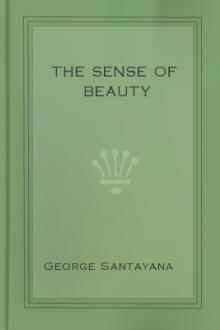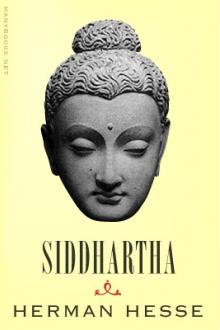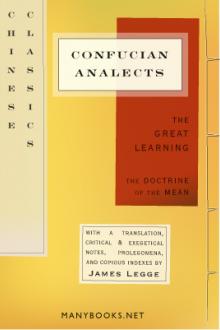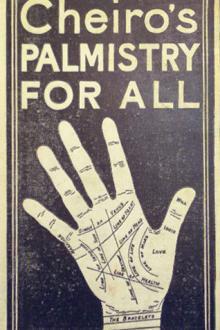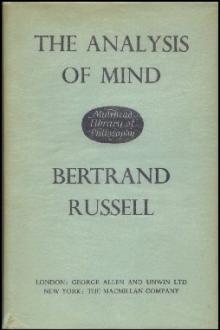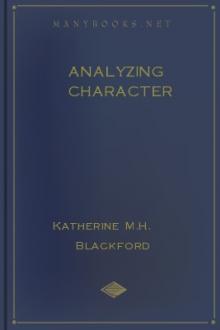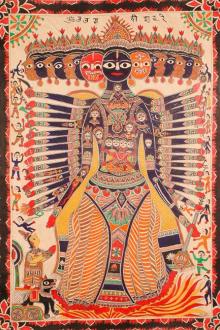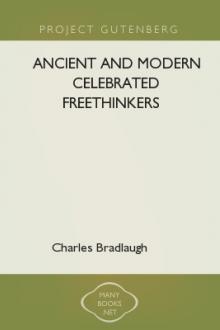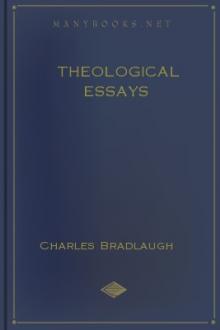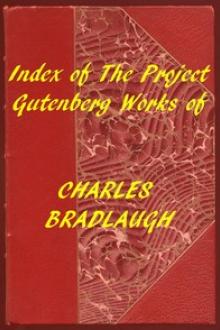Humanity's Gain from Unbelief
Book Excerpt
The institution of slavery was actually existent in Christian Scotland in the 17th century, where the white coal workers and salt workers of East Lothian were chattels, as were their negro brethren in the Southern States thirty years since; they "went to those who succeeded to the property of the works, and they could be sold, bartered, or pawned". (1) "There is", says J. M. Robertson, "no trace that the Protestant clergy of Scotland ever raised a voice against the slavery which grew up before their eyes. And it was not until 1799, after republican and irreligious France had set the example, that it was legally abolished."
1 "Perversion of Scotland," p. 197. 2 "Capital and Wages ", pp. 15, 16.
Take further the gain to humanity consequent on the unbelief, or rather disbelief, in witchcraft and wizardry. Apart from the brutality by Christians towards those suspected of witchcraft, the hindrance to scientific initiative o
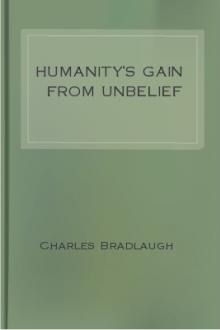
 Free Download
Free Download















